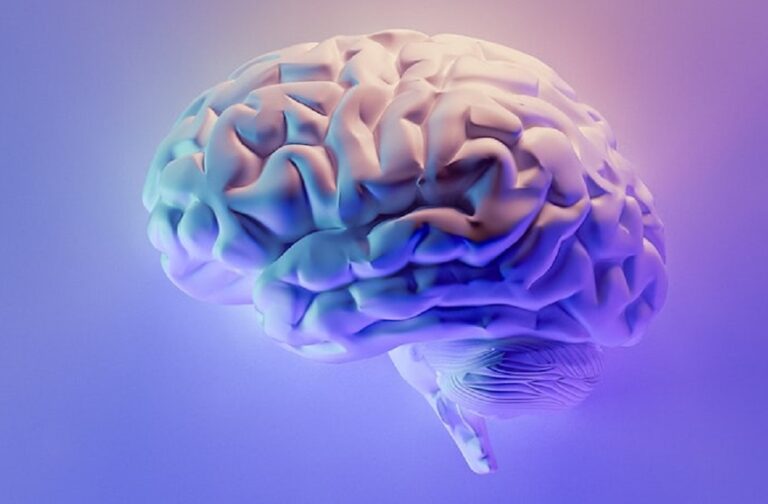United States: Scientists have developed a blood test to detect Alzheimer’s disease without the use of painful lumbar puncture, which extracts cerebrospinal fluid (CSF) samples from the lower back, or expensive brain imaging. If the test is proven to be accurate, it may speed up disease diagnosis and allow for earlier treatment.
Even though Alzheimer’s is the most prevalent type of dementia, diagnosing it can be difficult, especially in its early stages.
Current guidelines recommend the detection of three distinct markers: abnormal accumulations of amyloid and tau proteins, as well as neurodegeneration – the slow and progressive loss of neuronal cells in specified regions of the brain.

This can be done through a combination of brain imaging and CSF analysis. However, a lumbar puncture can be painful and people may experience headaches or back pain after the procedure, while brain imaging is expensive and takes a long time to schedule.
“A lot of patients, even in the US, don’t have access to MRI and PET scanners. Accessibility is a major issue,” Prof. Thomas Karikari at the University of Pittsburgh, in Pennsylvania, US, who was involved in the study, stated.
“A blood test is cheaper, safer and easier to administer, and it can improve clinical confidence in diagnosing Alzheimer’s and selecting participants for clinical trial and disease monitoring,” Prof. Karikari remarked.

Current blood tests can accurately identify amyloid and tau protein abnormalities, but it has been more challenging to identify signs of nerve cell damage specific to the brain. Prof. Karikari and his international colleagues concentrated on creating a blood test using antibodies to identify a specific kind of tau protein termed brain-derived tau, which is exclusive to Alzheimer’s disease.
They examined it in 600 patients with Alzheimer’s disease in varying stages and discovered that the protein’s levels linked well with tau levels in the CSF and could accurately differentiate Alzheimer’s from other neurodegenerative disorders. The severity of amyloid plaques and tau tangles in the brain tissue of Alzheimer’s-affected individuals is also closely correlated with protein levels. The study was released in the Brain journal.
The test will then be validated in a larger group of patients, including individuals with a diversity of racial and ethnic backgrounds, varying stages of memory loss, and patients who may also show other suspected dementia symptoms.



